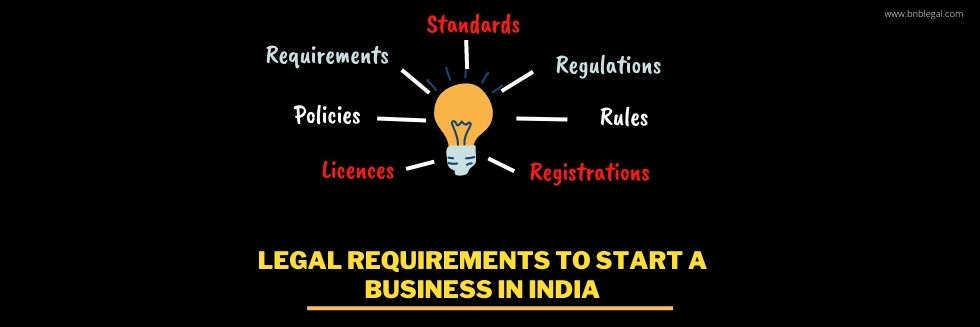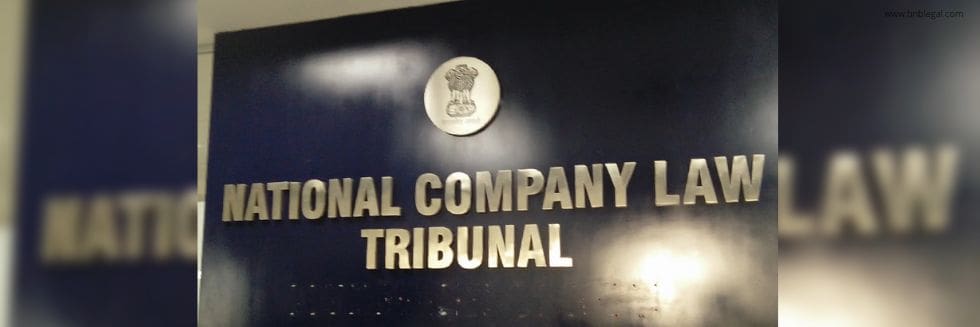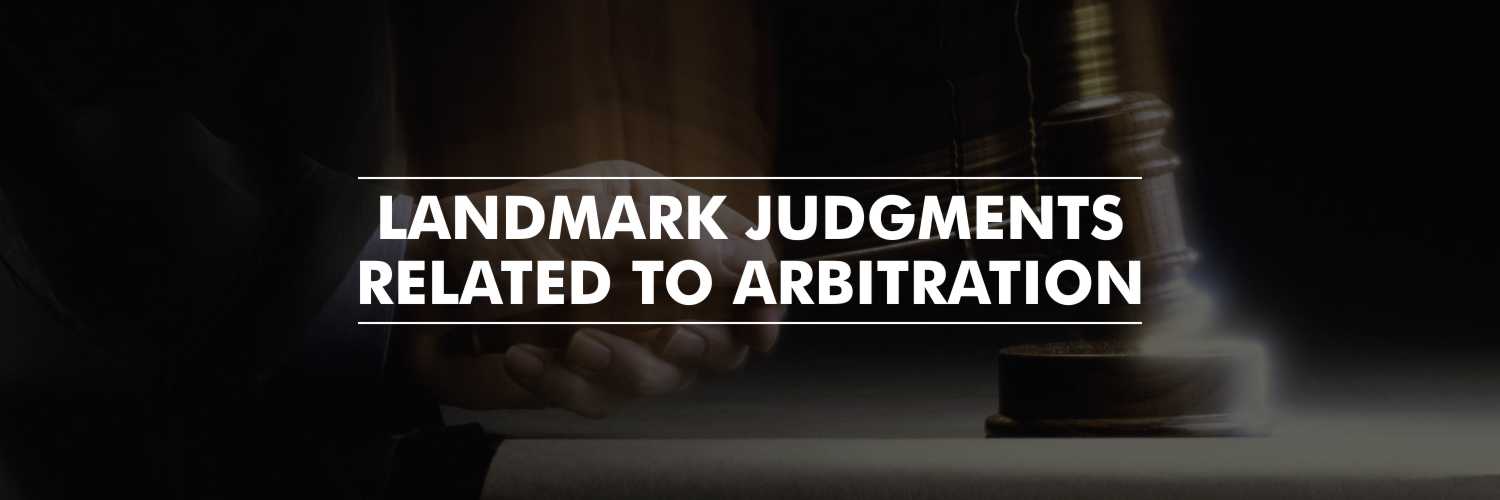Overview
Alternative Dispute Resolution u/s 89 CPC or the ADR is machinery specially designed to provide an alternative to the conventional methods of resolving disputes i.e. litigation is very technical and time-consuming. Thus an attempt was made to decrease the burden of the courts and to provide for speedier justice. Also, it is cost-effective as well as time effective method to solve disputes. Alternative dispute resolution is an alternative to the Formal Legal System. Alternative Dispute Resolution u/s 89 CPC can be invoked in civil, commercial, industrial and family disputes. It is particularly useful for all types of business disputes and is considered to offer the best solution in respect of commercial disputes.
History of Alternative Dispute Resolution – ADR
ORGANISATIONS like the Indian Council of Arbitration (ICA) and the International Centre for Alternative Dispute Resolution (ICADR) were established to implement the ADR mechanism. The ICADR is an organization, is to promote and develop ADR facilities. ICA, on the other hand, was established in 1965. The main objective of the ICA is to promote amicable and quick settlement of industrial and trade disputes by arbitration. Moreover, the Arbitration Act, 1940 was also repealed and a new and effective arbitration system was introduced by the enactment of The Arbitration and Conciliation Act, 1996. Section 89 of the Code of Civil Procedure, as amended in 2002, has introduced conciliation, mediation and pre-trial settlement methodologies for effective resolution of disputes. Mediation, conciliation, negotiation, consumer forums, Lok Adalats, and Banking Ombudsman.
Important Legislation And Provisions Related To Alternative Dispute Resolution:
- Section 89 of the Civil Procedure Code, 1908 provides that opportunity to the people, if it appears to court there exist elements of settlement outside the court then court formulate the terms of the possible settlement and refer the same for Arbitration, Conciliation, Mediation or Lok Adalat.
- The Acts which deals with Alternative Dispute Resolution Are Arbitration and Conciliation Act, 1996 and,
- The Legal Services Authority Act, 1987
Legal Forms Of ADR Mechanism:
Arbitration:
Arbitration is the process of determination of a dispute between parties by self-chosen or self-agreed persons. The object of arbitration is to obtain the fair resolution of disputes by an impartial tribunal without unnecessary delay and expense. Parties are free to determine the place and date of arbitration, however, there is a need for a prior agreement.
Conciliation:
Conciliation is the process of facilitating a friendly settlement between the parties. There is no need for a prior agreement pertaining to it. The willingness of parties is of utmost importance. The parties may take the assistance of a third person who is independent in respect of subject matter of the dispute.
Mediation:
Mediation aims to help disputants in reaching an agreement. The parties themselves determine the terms and conditions of any settlements reached— rather than accepting something imposed by a third party. The third party involved i.e. mediator is only there to facilitate such dispute resolution.
Negotiation:
Negotiation aims to solve the disputes between parties through communication and preventing arguments. It is an exchange of views and issues commencing the parties. A solution is reached by an understanding between the parties. No third party is involved in the process.
Lok Adalat:
In simple words, it means “peoples’ court”. These are presided over by retired judges, social activists; eminent advocates etc. These have jurisdiction only on compoundable offences. The procedures followed in Lok-Adalats are a lot less rigid than ordinary courts.
When And How Lok Adalat Is Approached:
If both the parties to a suit pending in regular court agree, their case can be transferred to Lok Adalats. Any case pending in regular court or any dispute which has not been brought before any court of law can be referred to Lok Adalat. If only one party applies for such transfer, then also the court can transfer the case to Lok-Adalat if the court sees chances of settlement. The court has to give an opportunity of being heard to the other party before ordering such a transfer.
Settlement Of Disputes Outside The Court – Alternative Dispute Resolution u/s 89 CPC
Where it appears to the Court that there exist elements of a settlement which may be acceptable to the parties, the Court shall formulate the terms of settlement and give them to the parties for their observations and after receiving the observations of the parties, the Court may reformulate the terms of a possible settlement and refer the same for – (a) arbitration; (b) conciliation; (c) judicial settlement including settlement through Lok Adalat; or (d) mediation. (2) where a dispute has been referred
Land Mark Judgements Related To Alternative Dispute Resolution u/s 89 CPC.
In the case of Afcons infrastructure and Anr v. Cherian Varkey, Supreme Court held that “all suits of civil nature, in particular, the following categories of cases are normally suitable for ADR process”:
- Cases relating to trade, commerce, and contract.
- Cases arising from strained or sourced relationships.
- In cases wherein there is a need for continuation of pre-existing relationship in spite of disputes.
- Cases relating to tortious liability.
- All consumer disputes.
Conclusion
ADR is one of the most effective solutions to reduce the pendency of cases in various courts of our country. ADR is also far more effective in bringing a harmonious conclusion between the parties, unlike the conventional courts. It is a permanent solution to any dispute, and hence reduces the burden of appellate courts as well. Also, ADR can save valuable time and energy in dispute resolution. Despite the many advantages of Alternative Dispute Resolution mechanisms, our society has been reluctant to give it its due recognition even though Courts have more often recognized them. It avoids protracted litigation and is based on the ground realities verified in person by the adjudicators and the award is the fair and honest settlement of doubtful claims based on legal and moral grounds.









